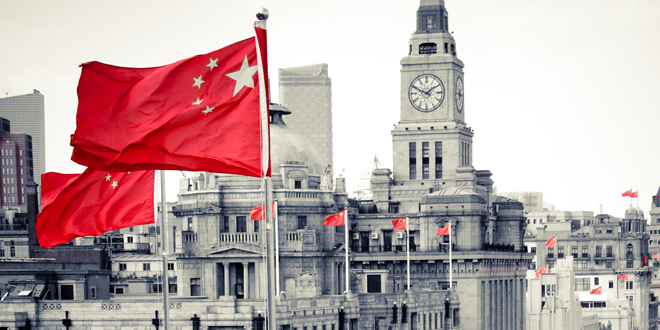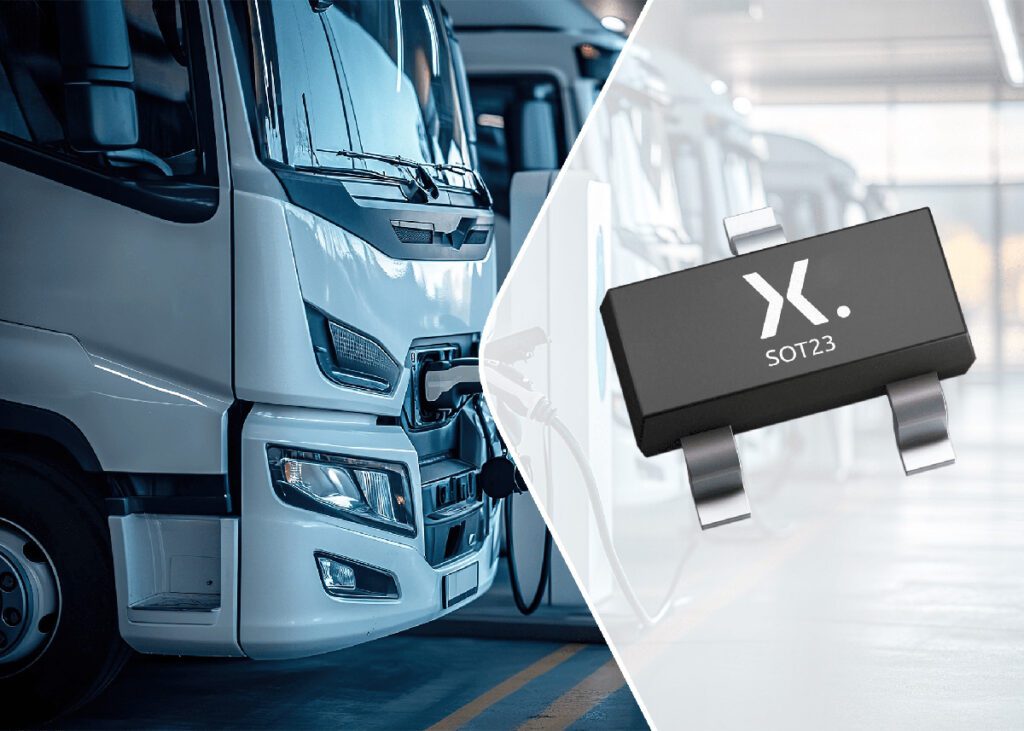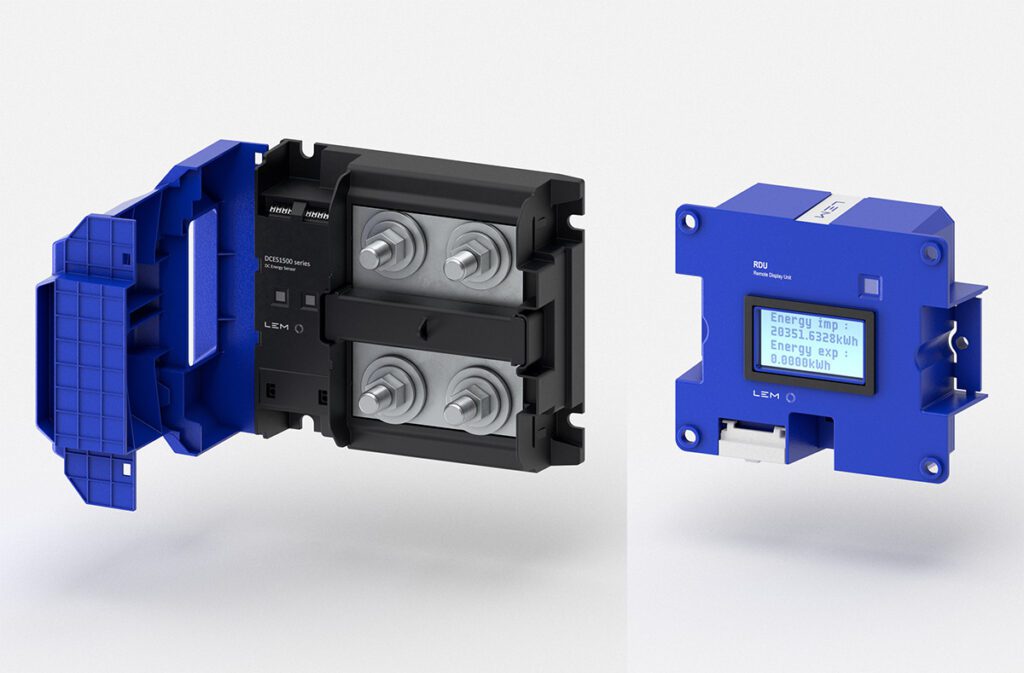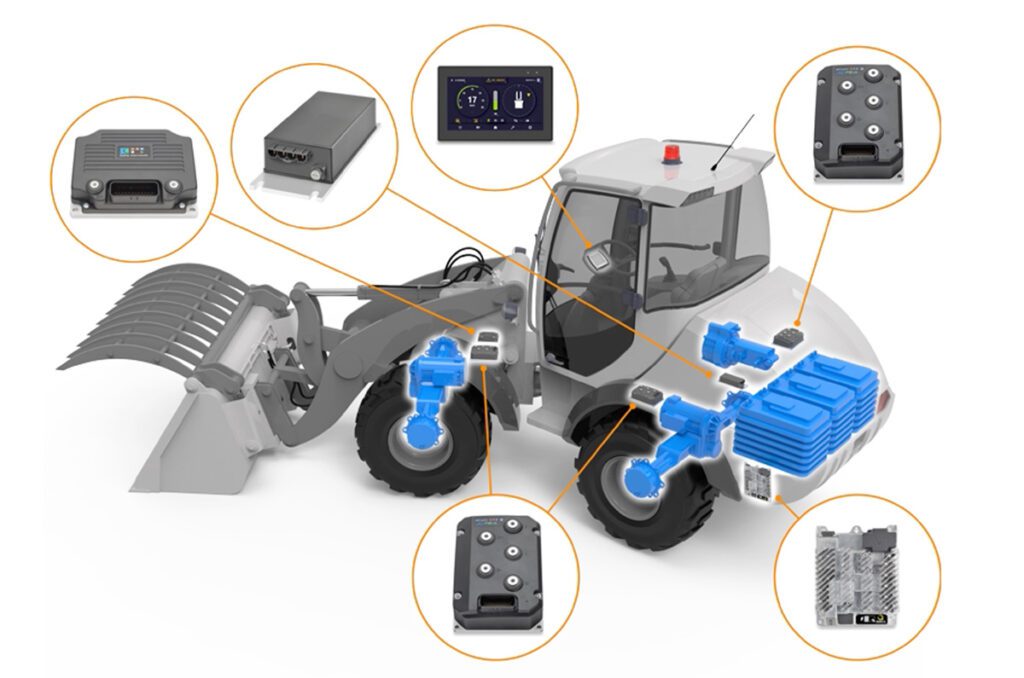China is increasing some incentives for buyers of “new energy” vehicles, as it tries to deal with horrendous air pollution.
Chinese cities allow only a fixed number of new vehicles on the road each year, using a lottery system to allot licenses. According to China Daily, Beijing’s transport authority cut the yearly quota to 150,000 for 2014, and some 1.84 million residents have already applied. However, the city will offer 20,000 license plates for fully electric cars through a separate lottery in 2014, and will increase that quota to 30,000 in 2015 and 60,000 in 2016.
Both the central and local governments also offer subsidies. EV buyers can receive a maximum subsidy of 57,000 yuan from the central government, and an additional 57,000 yuan from the Beijing transport commission (only Chinese brands are eligible).
Despite the incentives, many potential buyers are hesitant, citing range anxiety as their biggest concern. “Most EVs can run about 140 kilometers – it is too short a distance if you drive in big cities like Beijing,” said Cui Lina, a 28-year-old office worker. “You have to plan in advance, otherwise you won’t be able to get back home if the car runs out of electricity.”
“There are few charging stations in the city and I hear it is expensive to replace the batteries,” said Fan Mingsong, a 35-year-old telecom engineer. China News Service reported that there were about 70 charging stations in Beijing at the end of 2013, most serving public vehicles. The city government has announced plans to install 1,000 new public chargers in 2014.
Whatever the challenges, the potential is gargantuan, and both foreign and Chinese brands are scrambling to get into the game.
Tesla hopes the China market will help it to double annual sales in 2014. “Although we are not eligible for the central government’s subsidies now, we hope to acquire local non-financial support such as free license plate allocations in big cities and favorable parking measures to make the car more attractive to potential owners,” said Jerome Guillen, Tesla’s VP for sales and service.
Daimler kicked off sales of its smart fortwo electric drive in Beijing and Shanghai last November. Annette Winkler, global head of smart, told China Daily that the company is “actively communicating with regional governments city by city for some incentives or local support.”
BMW Brilliance unveiled the 1E, the first electric crossover of its new brand Zinoro, at the Guangzhou auto show in November. It said the model will hit the market this year.
Source: China Daily
Image: [Jim]/Flickr





















































































